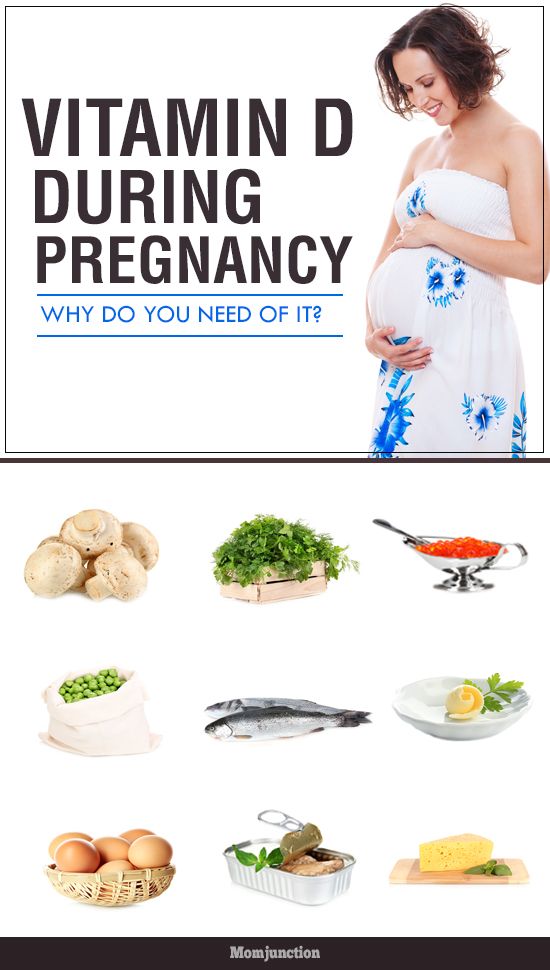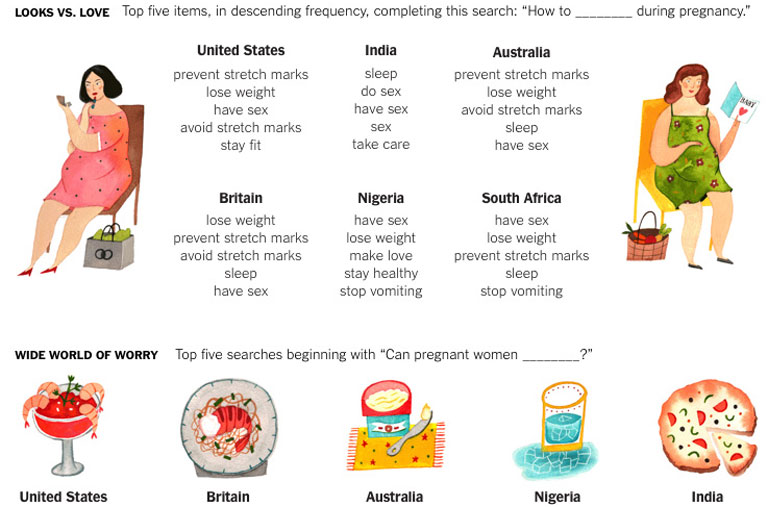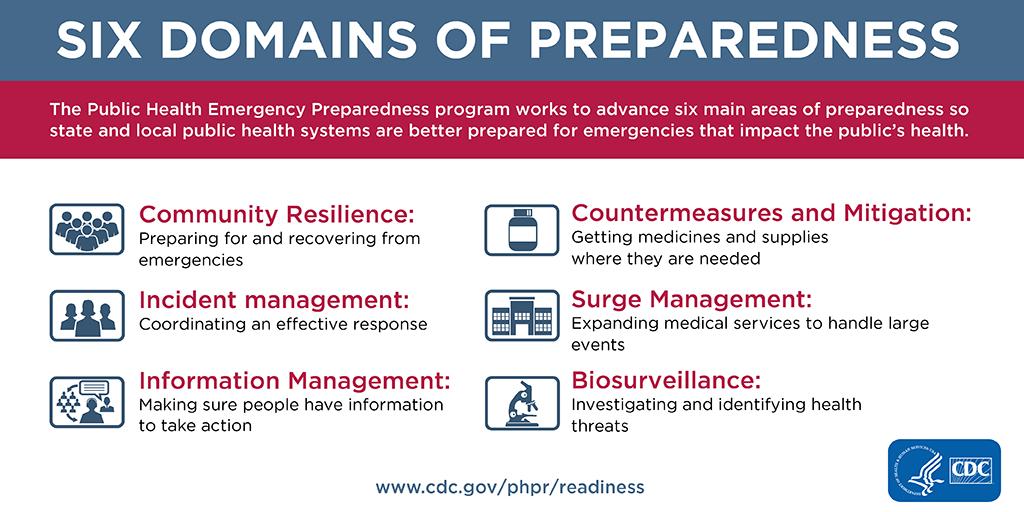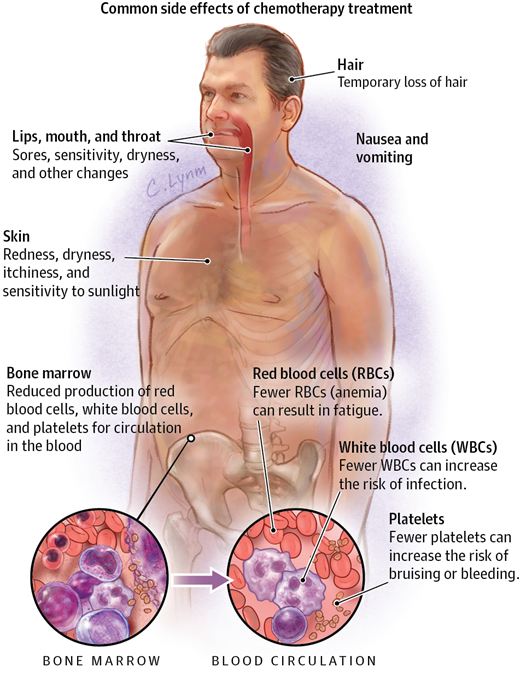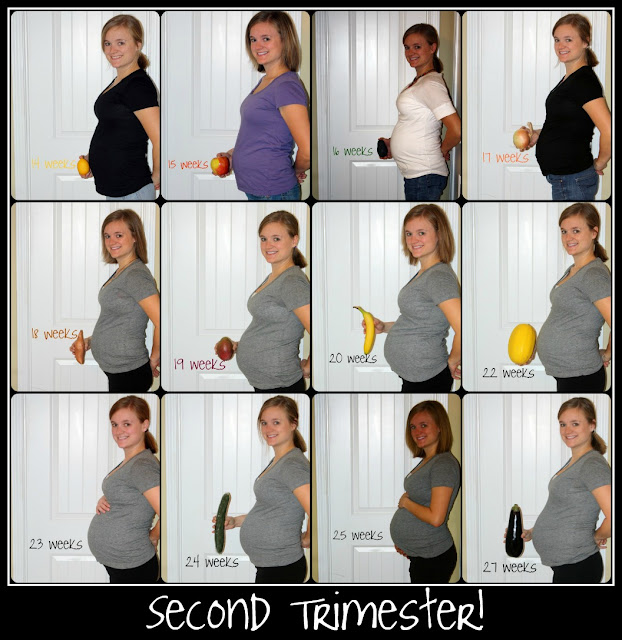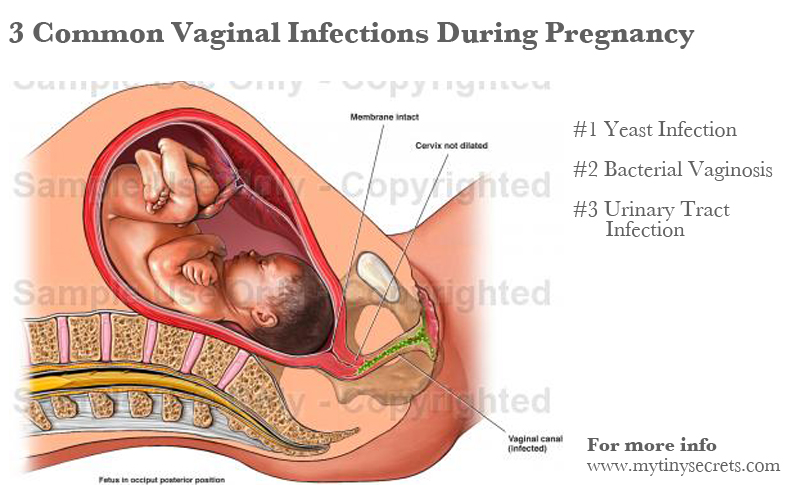Vitamin c supplement during pregnancy
What You Need to Know
Viral illnesses are a big worry for pregnant women. Many symptom-combating over-the-counter meds are off-limits — and thanks to a weakened immune system during pregnancy, a nasty virus can sometimes turn into an even nastier infection.
That’s why vitamin C supplements like Emergen-C — which promise to help you fight off every germ that cold, flu, and, er, pandemic season throws your way — are so tempting.
Talk to your doctor
If you have symptoms of COVID-19 or a fever while pregnant, don’t attempt to self-treat with vitamin C. Call your doctor.
These supplements are like vitamin boosts, providing as much immune-supporting vitamin C as a truckload of oranges — and that sounds like a pretty good idea when you’re pregnant or nursing and everyone around you is coughing.
But is it actually a good idea? Most supplements are considered unsafe during pregnancy because they aren’t regulated by the FDA in the same way as drugs. Plus, some supplements and medications taken while breastfeeding can affect your baby.
Emergen-C rests solidly in the check-with-your-doctor-first category, and we’ll tell you why.
There are several different kinds of Emergen-C supplements, all of which contain what the brand calls “high potency vitamin C.”
This is mostly a fancy term for “enough vitamin C to turn you into an orange,” but some vitamin manufacturers claim it means their formulas are less likely to cause digestive upset and more likely to be absorbed into the bloodstream than other kinds of vitamin C.
Some Emergen-C products, such as Everyday Immune Support and Enhanced Immune Support Formula, contain a whopping 1,000 milligrams per serving, along with:
- zinc
- B vitamins
- other electrolytes, like calcium and sodium
Other Emergen-C products include:
- energizing vitamins
- plant-based vitamins
- probiotics
- electrolyte drinks
- a sleep aid
These products may contain lower levels of vitamin C but also probiotic strains, vitamins D and E, elderberries, melatonin, ginseng, and caffeine.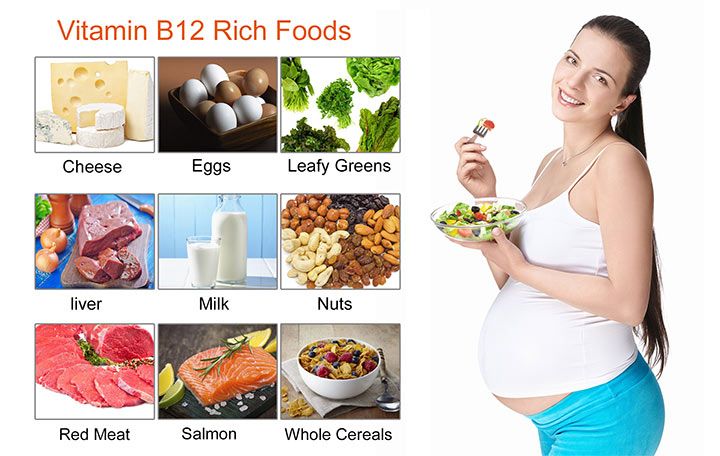
We get it: No one wants to sit around peeling and eating oranges all day in an effort to ward off the plague. There’s a lot of appeal in dissolving some powder into water and chugging down all that sweet, immune-boosting vitamin C in just minutes (or popping a couple of gummies or chewable vitamins).
But if you’re pregnant, you should talk to your doctor first. Most doctors advise pregnant women to steer clear of supplements — other than prenatal vitamins and a handful of much-needed nutrients — for a healthy pregnancy.
That goes for vitamin C, too, as the research is unfortunately lacking. The World Health Organization (WHO) reports that some studies have investigated vitamin C’s effects on pregnancy and birth outcomes, but the results have been mixed. Vitamin C improved outcomes in some cases, but not in others.
As such, the WHO doesn’t recommend the widespread supplementation of vitamin C during pregnancy. That doesn’t mean vitamin C use during pregnancy could harm you, but it does mean there’s not enough evidence that the benefits outweigh the risks.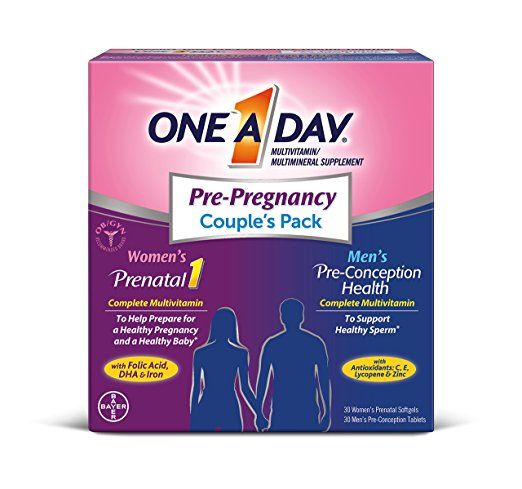 Plus, its effects on immune health specifically during pregnancy haven’t been closely studied.
Plus, its effects on immune health specifically during pregnancy haven’t been closely studied.
The restrictions are slightly more lax for nursing mothers, though there are things to know there, too.
According to the Drugs and Lactation Database, you can take a high daily dose of 1,000 milligrams — like what you would find in Emergen-C — without any adverse effects for you or your baby. However, high amounts of vitamin C could increase your milk supply, so if you’re already struggling with overproduction, keep that in mind.
The amount of vitamin C in Emergen-C products varies but tops off at 1,000 milligrams per serving for their immune-boosting formulas. Meanwhile, their energy vitamins and probiotics include between 250 and 500 milligrams.
According to the Office of Dietary Supplements (ODS), pregnant women over 19 years old should get 85 milligrams of vitamin C daily, while breastfeeding women over 19 should get 120 milligrams daily. These numbers are slightly lower — 80 and 155, respectively — if you’re under 19.
As for how much vitamin C you can take without having side effects, the makers of Emergen-C advise that no one consumes more than 2,000 milligrams of vitamin C per day. The ODS confirms that this is also the upper daily limit (UL) for pregnant and breastfeeding women over 19.
Short-term use of more than 2,000 milligrams per day may not cause any problems other than mild digestive distress, but some research has shown that long-term “megadoses” of vitamin C could cause kidney stones or excess iron absorption.
Unfortunately, pregnant women have more vulnerable immune systems. In fact, they’re usually lumped into that infamous “immunocompromised” category along with infants and the elderly. You know how you can’t eat soft cheese during pregnancy because you might get develop listeriosis? That’s because your immune system is weaker than usual.
That said, you’ll get some supplemental vitamin C in your prenatal vitamin, though the amount will vary by brand. Most contain about 85 milligrams per serving, which puts you squarely in the “recommended daily value for pregnant women” camp and should be enough to keep you healthy under normal circumstances.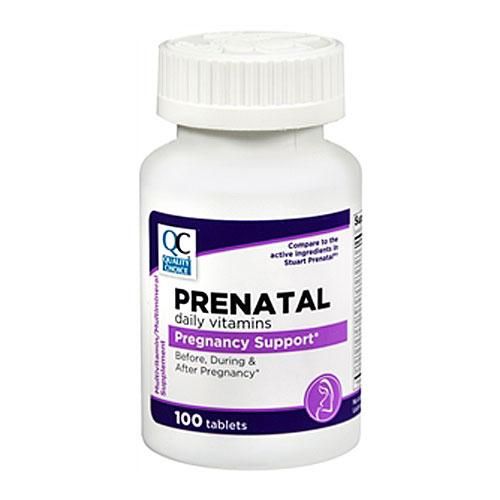
Whether you choose to add an additional vitamin C supplement is up to you — you may feel you need it during sick season (or if you have other small children at home constantly sharing all their preschool germs with you). But you should ask your doctor first if that’s OK, and how much extra you should take.
Don’t forget that you can also get an extra boost of vitamin C from foods, which is a safer but just-as-effective way to increase your levels. Try eating lots of citrus fruits, red and green pepper, broccoli, cherries, spinach, and strawberries.
We understand the impulse to load up on as much vitamin C is safe during pregnancy, especially when there’s a viral pandemic raging in your neighborhood. But more is not always best when it comes to supplements, so you need to check with your doctor before you consume extra amounts of vitamin C.
Furthermore, the good people at Emergen-C agree. In their FAQ section, consumers are instructed to consult their healthcare provider if they’re pregnant or nursing.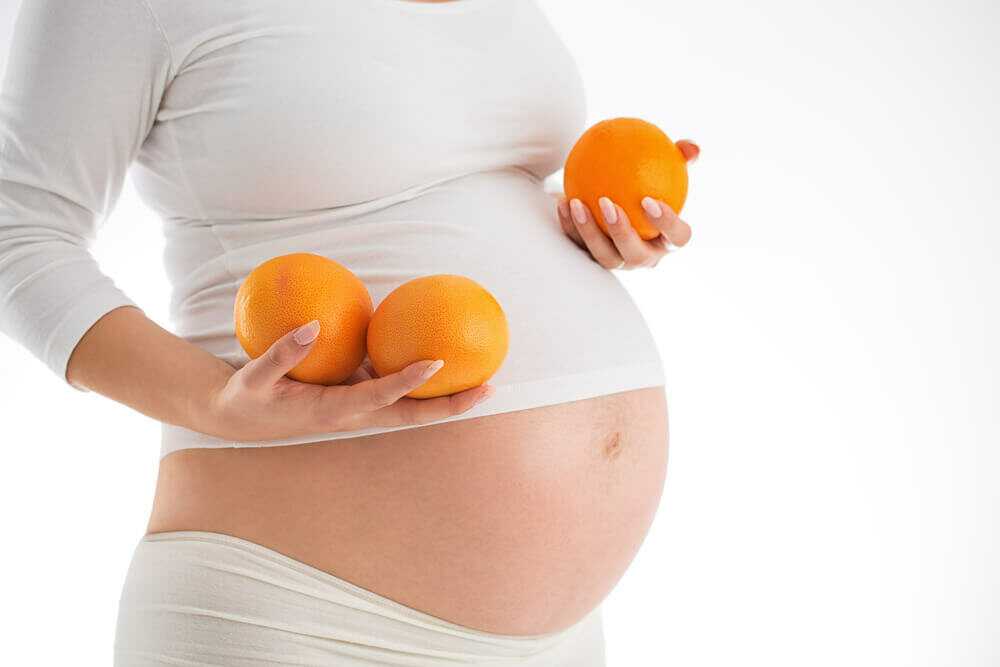
Vitamin C supplements like Emergen-C are probably fine for occasional use, but there’s not much evidence proving their safety or usefulness when it comes to fighting illnesses during pregnancy.
Stay healthy these 9 months by eating a diet rich in vitamins and minerals and practicing good hand hygiene. If you still feel like you need an additional boost of vitamin C, talk to your doctor.
Can You Take Vitamin C While Pregnant? – Nature Made®
Mar 11, 2021 , Pregnancy Tips, Vitamin C
Quick Health Scoop
- Vitamin C provides multiple health benefits, including playing a key role in supporting a healthy immune system†
- Vitamin C provides additional pregnancy-related benefits, too
- It is safe to take Vitamin C during pregnancy
Eating a healthy, balanced diet plays a critical role in your well-being, but even more so for pregnant women who need to nourish their developing baby. Plus, during pregnancy, women may need more of certain nutrients.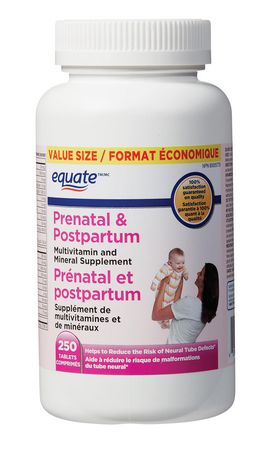 For example, pregnant women need a lot more Folate, Iron, Iodine, and Zinc; a little more Magnesium and Vitamin C; and the same amount of Calcium, Vitamin D and Vitamin E.1, which can be found in a variety of prenatal supplements. (Read More: Magnesium Benefits) But when it comes to taking Vitamin C while pregnant, is it safe and how much Vitamin C per day is safe? What are the benefits of Vitamin C during pregnancy, and how much should moms-to-be take?
For example, pregnant women need a lot more Folate, Iron, Iodine, and Zinc; a little more Magnesium and Vitamin C; and the same amount of Calcium, Vitamin D and Vitamin E.1, which can be found in a variety of prenatal supplements. (Read More: Magnesium Benefits) But when it comes to taking Vitamin C while pregnant, is it safe and how much Vitamin C per day is safe? What are the benefits of Vitamin C during pregnancy, and how much should moms-to-be take?
In general, Vitamin C provides multiple health benefits, such as supporting your healthy immune system, working as an antioxidant by helping to neutralize damaging free radicals in your cells, and as an enzyme cofactor, assisting in reactions such as making collagen and carnitine. Vitamin C also aids in the absorption of Iron.2,†
But it’s also important to know that additional benefits of Vitamin C during pregnancy exist, too. As mentioned above, the body needs Vitamin C to produce collagen—a part of skin, blood vessels, tendons, and bone.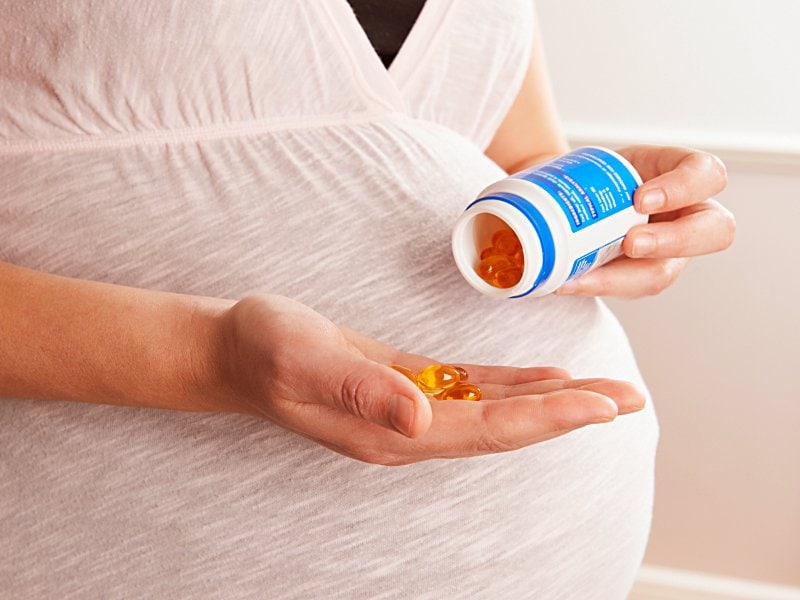 Vitamin C is also an antioxidant that helps neutralize free radicals before they can damage cells. Finally, pregnant women need significantly more Iron during pregnancy as their blood volume increases.3 Additionally, Vitamin C improves the absorption of Iron from plant-based foods.2,†
Vitamin C is also an antioxidant that helps neutralize free radicals before they can damage cells. Finally, pregnant women need significantly more Iron during pregnancy as their blood volume increases.3 Additionally, Vitamin C improves the absorption of Iron from plant-based foods.2,†
Learn More: What are Postnatal Vitamins?
Is Vitamin C Safe For Pregnancy?Typically, women take prenatal multivitamins both before and during pregnancy, because they’re specially formulated to support the development of baby’s brain, nervous system, and eyes.† Among the many important nutrients, these prenatal multis typically contain the Recommended Dietary Allowance (RDA) of Vitamin C for pregnant women. While healthy women need 75 mg of Vitamin C each day, pregnant women require 85 mg of Vitamin C each day, and breastfeeding women need 120 mg per day.2
As a general rule of thumb, pregnant women should avoid taking more than twice the recommended dietary allowances of vitamins and minerals. 4
4
So, Vitamin C during pregnancy is certainly safe and beneficial for both mom and baby, as long the dosage remains within recommended daily levels.
Learn More: Can You Take Melatonin While Pregnant?
The Bottom LineVitamin C delivers a variety of health benefits, such as supporting a healthy immune system, but it also provides additional pregnancy-related benefits, too. It is safe to take Vitamin C while pregnant, and it’s necessary for both mom-to-be and developing baby. If you are pregnant, eating a healthy, balanced diet, and taking prenatal vitamins, you’re likely getting all the Vitamin C you need each day. As always, you should check with your healthcare provider before taking any medications, vitamins, or herbal supplements during pregnancy.†
Continue to check back on the Nature Made blog for the latest science-backed articles to help you take ownership of your health.
Learn More About Women's Health:
- When Should You Start Taking Prenatal Vitamins?
- What Vitamins Do Women Need?
- Vitamins for Women 50+
† These statements have not been evaluated by the Food and Drug Administration.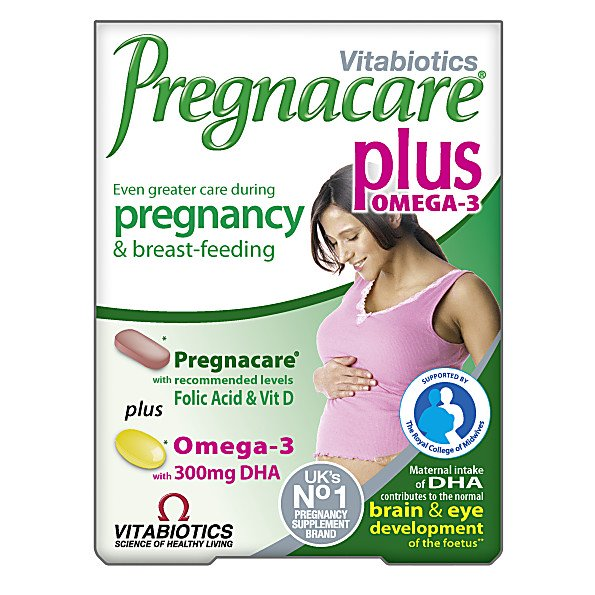 These products are not intended to diagnose, treat, cure, or prevent any disease.
These products are not intended to diagnose, treat, cure, or prevent any disease.
References:
1. Linus Pauling Institute. “Pregnancy in Brief.” August 2016. Accessed on: October 8, 2020. https://lpi.oregonstate.edu/mic/health-disease/pregnancy-in-brief
2. National Institutes of Health. “Vitamin C: Fact Sheet for Consumers.” 2019. Accessed on: August 27, 2020. https://ods.od.nih.gov/factsheets/VitaminC-Consumer/
3. Cardiovascular Journal of Africa. “Physiological changes in pregnancy.” March-April 2016. Accessed on: October 9, 2020. https://www.ncbi.nlm.nih.gov/pmc/articles/PMC4928162/#
4. Mayo Clinic. “Should women take supplements while pregnant?” January 15, 2020. Accessed on: October 9, 2020. https://www.mayoclinichealthsystem.org/hometown-health/speaking-of-health/should-women-take-supplements-while-pregnant
Lisa Beach
NatureMade Contributor
Sandra Zagorin, MS, RD
Science and Health Educator
You Might Like
Sign Up For More insights From Nature Made
Receive the Latest News and Special Offers
What vitamins do you need during pregnancy
During pregnancy, a woman's body changes and requires much more vitamins and microelements than during normal times.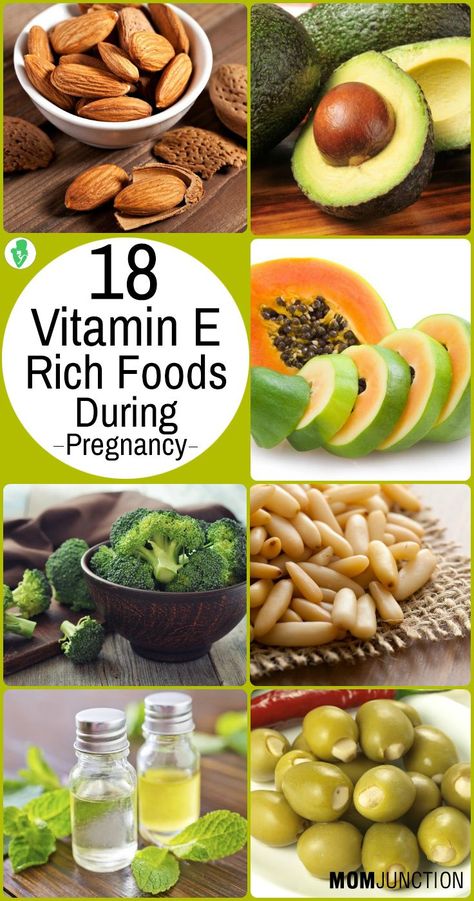 The hormonal background and blood composition are changing, due to the development of the baby, you need to get twice as much iron and folic acid, 50% more calcium and zinc, and B vitamins - more by a third.
The hormonal background and blood composition are changing, due to the development of the baby, you need to get twice as much iron and folic acid, 50% more calcium and zinc, and B vitamins - more by a third.
Pregnancy planning vitamins
Vitamin deficiencies are not so acute in Russia - as a rule, the average person on a normal diet has enough vitamins from food, but when it comes to a pregnant woman, supplementation will simply be inevitable. nine0003
The most essential vitamin in preparation for pregnancy is B9 (folic acid). He is responsible for the development of the nervous system of the child. Folic acid during pregnancy should be taken up to the 12th week. The daily dose is normally 400 mcg. A lack of folic acid during the first trimester can cause underdevelopment of the baby's brain.
Early Pregnancy Vitamins
Different diets and vitamins are required for different stages of pregnancy. Your obstetrician-gynecologist should provide you with detailed information. As mentioned above, the most essential vitamin in early pregnancy is folic acid. But do not forget about other elements. nine0003
As mentioned above, the most essential vitamin in early pregnancy is folic acid. But do not forget about other elements. nine0003
- Vitamin A during pregnancy. Retinol is essential for the mother during the first and third trimesters. Its dose should not exceed 1400 mgc per day, since an overdose may interfere with the development of fetal tissues.
- Vitamin E during pregnancy. Tocopherol is needed not only by itself, but also as a substance that helps the body absorb vitamin A. A lack of tocopherol leads to a constant feeling of weakness, and the baby may have problems with the development of vision. In addition, vitamin E during pregnancy plays a useful role as an antioxidant. Too much leads to heart problems. nine0018
- Vitamin D during pregnancy. This vitamin is needed by the mother's body for the synthesis of certain hormones. It also helps in the absorption of calcium.
- Vitamin B6.
 This is one of the most important components during pregnancy. The need for it increases by a third compared to the period before conception. B6 is responsible for the synthesis of amino acids and proteins that serve as building blocks for the fetus. Also, a sufficient amount of vitamin in the body reduces the frequency and severity of toxicosis during the first and second trimesters. nine0018
This is one of the most important components during pregnancy. The need for it increases by a third compared to the period before conception. B6 is responsible for the synthesis of amino acids and proteins that serve as building blocks for the fetus. Also, a sufficient amount of vitamin in the body reduces the frequency and severity of toxicosis during the first and second trimesters. nine0018
To choose the right diet, taking into account the needs of the body and tell you how to take vitamins, you should have a personal obstetrician-gynecologist at the consultation on the pregnancy management program. In the Medicenter, such a program (which includes consultations, examinations and tests) is divided into trimesters.
Multivitamins during pregnancy
In any pharmacy you can find a lot of multivitamin complexes, which contain all the necessary elements. Is there a difference between them, and which one should I choose? This is not an easy question, and your doctor should help resolve it.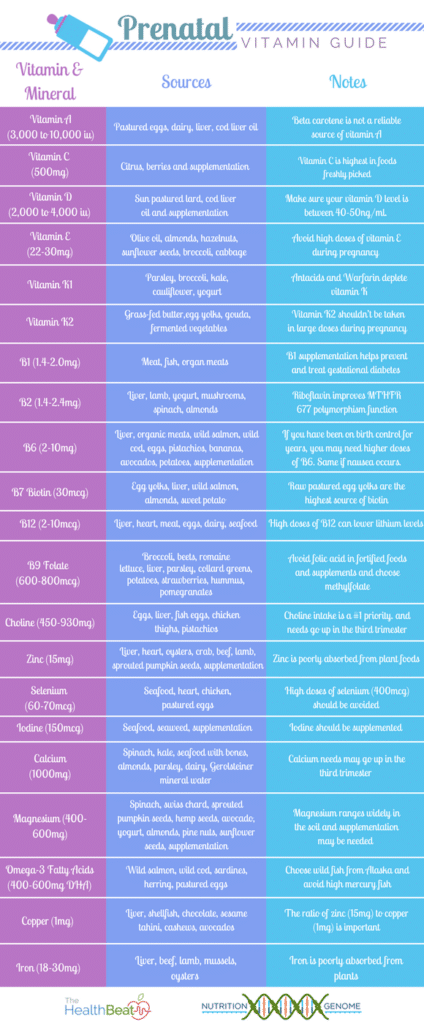 Most often, it is recommended to take the Vitrum complex during pregnancy, so this is one of the few drugs where dosages are selected specifically for the period of perinatal development of the baby. nine0003
Most often, it is recommended to take the Vitrum complex during pregnancy, so this is one of the few drugs where dosages are selected specifically for the period of perinatal development of the baby. nine0003
Hypovitaminosis during pregnancy
Vitamin deficiency during pregnancy can affect the health of mother and child in different ways. During the first trimester, the nervous system of the baby can suffer the most from hypovitaminosis, as a result of which the risk of miscarriage increases dramatically. At a later date, problems arise with the development of individual organs, the cardiovascular and digestive systems are poorly formed.
Vitamin therapy during pregnancy is indicated both in the presence of various abnormalities, and in the normal course of the perinatal development of the fetus. Of course, before taking any additional vitamins and minerals, you should consult with a specialist. nine0003
Our clinics in St. Petersburg
You can get detailed information and make an appointment by calling +7 (812) 640-55-25
Make an appointment
What vitamins and supplements can I take to maintain a healthy pregnancy?
21 Nov 2019
27 Jun 2020
3 minutes
4920
ProWellness
Contents
- Folic acid
- Iron
- Calcium
- Vitamins
- Probiotics
Disclaimer
Please note that all information posted on the site Prowellness is provided for informational purposes only and is not a personal program, a direct recommendation for action, or medical advice.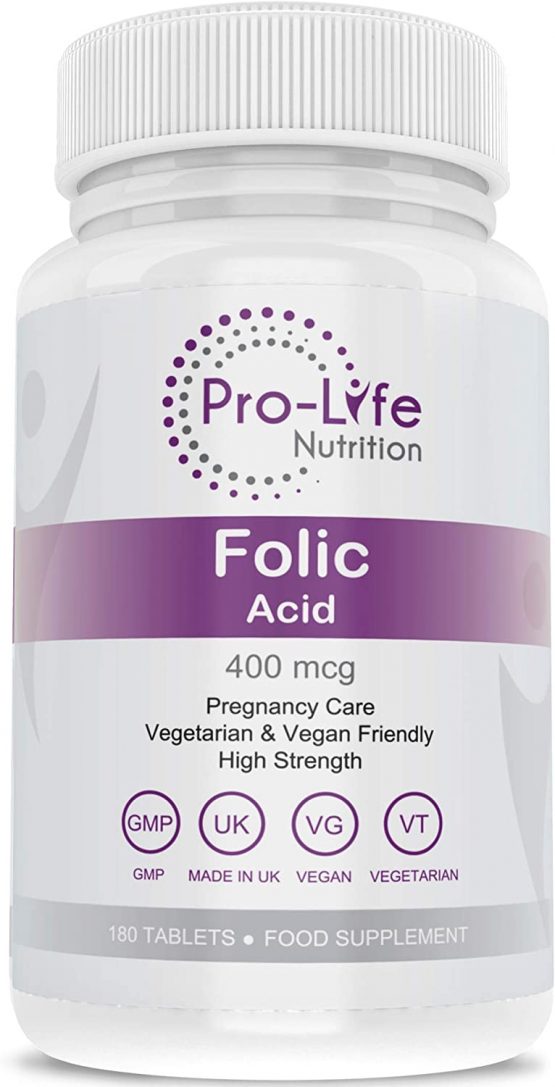 Do not use these materials for diagnosis, treatment, or any medical procedure. Consult your physician before using any technique or using any product. This site is not a specialized medical portal and does not replace the professional advice of a specialist. The Site Owner is not liable to any party who has suffered indirect or direct damage as a result of misuse of materials posted on this resource. nine0003
Do not use these materials for diagnosis, treatment, or any medical procedure. Consult your physician before using any technique or using any product. This site is not a specialized medical portal and does not replace the professional advice of a specialist. The Site Owner is not liable to any party who has suffered indirect or direct damage as a result of misuse of materials posted on this resource. nine0003
What vitamins and supplements can I take to support a healthy pregnancy?
The health of the child in the future depends on the nutrition of a woman during pregnancy. For full development, his body must receive all the necessary nutrients. They are present in ordinary foods, but sometimes it is problematic to implement their regular and sufficient use. In this case, it is worth resorting to the help of nutritional supplements. We have compiled a list of the most popular dietary supplements for pregnant women. nine0003
Folic acid
Folic acid is necessary for the full formation of the fetal nervous system, which occurs from day 30 and throughout the first trimester.
Attention! 4 weeks before the planned pregnancy, it is worth starting to consume 400 mcg of vitamin B 9 , that is, twice the standard daily allowance.
Folic acid deficiency can lead to defective formation of the neural tube and cardiovascular system, intrauterine growth retardation and preeclampsia, the harbinger of the most severe form of late toxicosis. nine0003
Iron
Iron supplementation during pregnancy helps prevent anemia, which often develops in the third trimester and after childbirth. It is necessary for the formation of hemoglobin, which transports oxygen to the cells of the fetus, and myoglobin, which supplies oxygen to muscle tissue.
Throughout all trimesters, you need to consume 30 mg of this element daily. This amount is enough not only to meet the current needs of the fetus and the mother's body, but also to form a small supply that will come in handy during breastfeeding. nine0003
nine0003
Attention! Take 15 mg of iron daily in supplement form as a supplement to natural foods containing this trace element: red meat, fish, poultry, dried fruit.
Calcium
Calcium is an important element for the formation of the bones of the skeleton of the unborn child. Mom also needs it: without it, the condition of the teeth worsens, the skeletal system weakens, the work of muscles and the heart is disturbed, convulsions are possible.
nine0100
Attention! The daily requirement for calcium for a pregnant woman is approximately 1000 mg. Food supplements should be combined with natural products. Good sources of the mineral are legumes, eggs, hazelnuts, spinach, milk.
Vitamins
The most demanded vitamins during pregnancy include C, E and B. Ascorbic acid prevents damage to the nervous system of the fetus and is involved in the synthesis of collagen, which gives firmness and elasticity to the skin, blood vessels and bone tissues.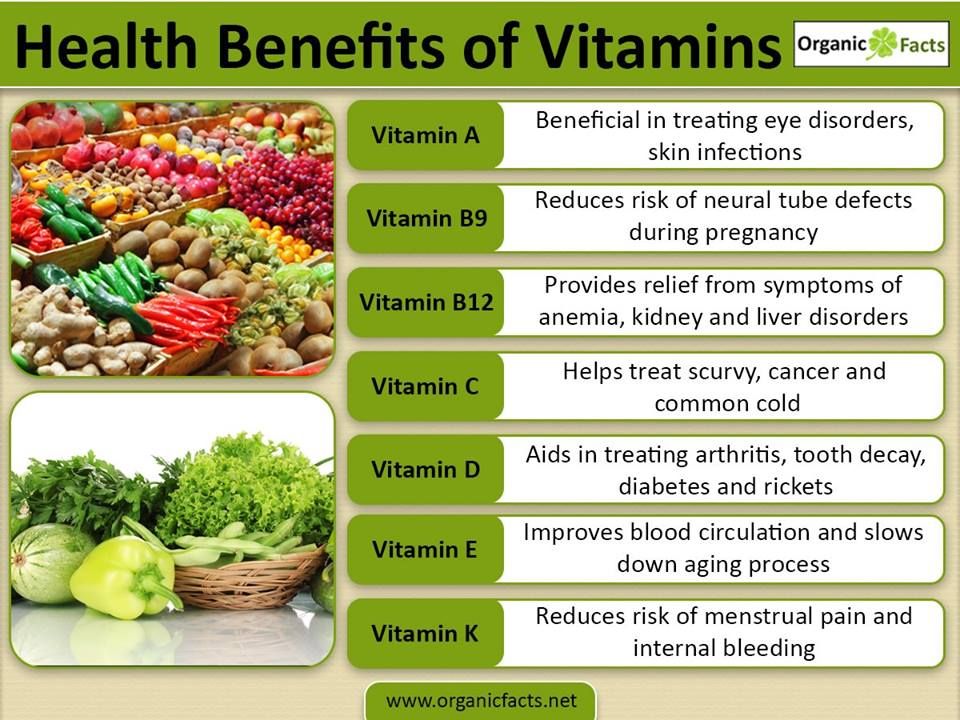 nine0003
nine0003
Tocopherol is useful for preventing anemia in a child. And B vitamins are needed for the formation of red blood cells, DNA and RNA chains.
Probiotics
Almost 20% of children worldwide are diagnosed with eczema. Probiotics taken by the mother during pregnancy and breastfeeding can reduce the risk of developing it by almost 22%. In addition, they improve digestion and absorption of nutrients, help to normalize weight. nine0100
Attention! Before taking any dietary supplements and vitamins for pregnant women, be sure to consult with your obstetrician.
Disclaimer
Please note that all information posted on the site Prowellness is provided for informational purposes only and is not a personal program, a direct recommendation for action, or medical advice. Do not use these materials for diagnosis, treatment, or any medical procedure.